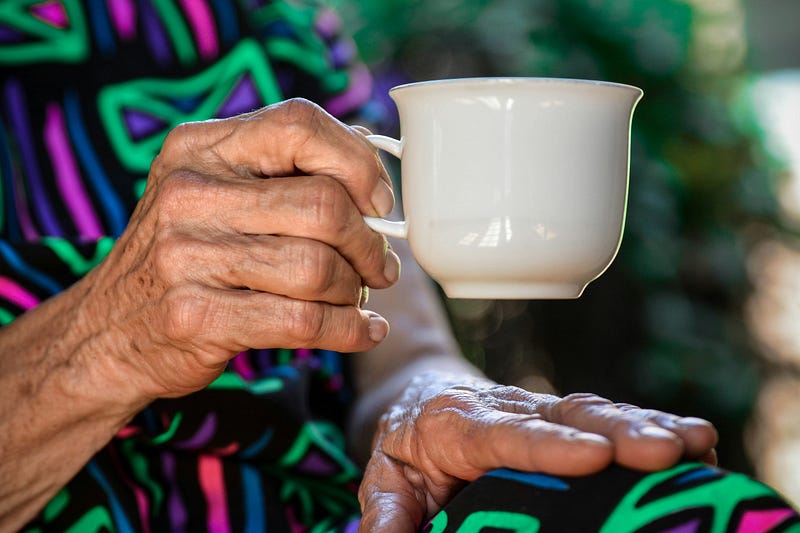# Prioritizing Nutrition in Elderly Care: A Call for Action
Written on
Chapter 1: The Overlooked Importance of Nutrition
When elderly individuals enter hospitals or care facilities, they often do so in a vulnerable state. One would think that ensuring they receive adequate nutrition would be a fundamental aspect of their care, yet this is frequently not the case. Healthcare providers often underestimate the critical role that nutrition plays in the overall health and recovery of their patients.
A recent study from Sweden highlights the urgency for change: "It is estimated that between 5 and 10 percent of older adults in Sweden suffer from malnutrition. This figure escalates to as high as 50 percent among patients in hospitals, nursing homes, or similar settings."
This situation likely mirrors trends seen in the USA and Europe. When older adults experience weight loss and nutritional deficiencies, there is often a deeper issue at play—something that may be inhibiting their appetite or making it difficult for them to consume food.
They may face challenges such as difficulty in self-care, trouble preparing meals, dental pain, gastrointestinal issues, or other serious health complications. These obstacles can lead to malnutrition, which in turn causes physical decline and can result in hospitalization.
Inadequate nutrient intake can lead to muscle loss, leaving the elderly and frail even weaker and less capable of handling everyday tasks. This weakness discourages physical activity, increases susceptibility to infections, and ultimately necessitates more extensive care. It creates a vicious cycle. Once they enter this state of decline, their risk for disease and mortality rises.
Researchers from Uppsala University suggest that a shift in primary care toward ensuring that older adults receive nutritious food and adequate daily nutrients could prevent some forms of age-related decline, potentially keeping them out of hospitals altogether. Should hospitalization occur, proper nutrition would aid in their recovery.
The researchers emphasize that the significance of nutrition in age-related health issues is often neglected, and this must change. Certain types of age-related decline are not unavoidable, and with appropriate care, deteriorating health can be mitigated.

Section 1.1: The Consequences of Neglecting Nutrition
The lack of proper nutrition can have dire consequences for older adults. Nutrient deficiencies can weaken muscles and impair the immune system, leading to increased health risks.
Subsection 1.1.1: A Vicious Cycle of Decline
In the video "Connection in Every Bite - 2024 Celebration of the Senior Nutrition Program," experts discuss the critical importance of nutrition for seniors and the positive impacts of community programs designed to support healthy eating.
Section 1.2: The Role of Healthcare Providers
Healthcare providers must take the lead in recognizing and addressing the nutritional needs of elderly patients. This requires a shift in focus toward comprehensive care that includes dietary considerations.
Chapter 2: Solutions for Improved Nutritional Care
In the video "Food is Medicine: Integrating Nutrition into Health Care," professionals explore how nutritional care can be effectively integrated into healthcare systems to improve outcomes for elderly patients.
By emphasizing nutrition as a cornerstone of elderly care, we can significantly enhance the quality of life for older adults, promoting healthier aging and reducing hospitalizations.
© Susie Kearley 2024. All Rights Reserved. More from me…My Husband Is Anxious About His Anxiety. Dear Husband, Sorry I Got You Into This! Sign up here to receive our free weekly newsletter featuring the best of Crow’s Feet.